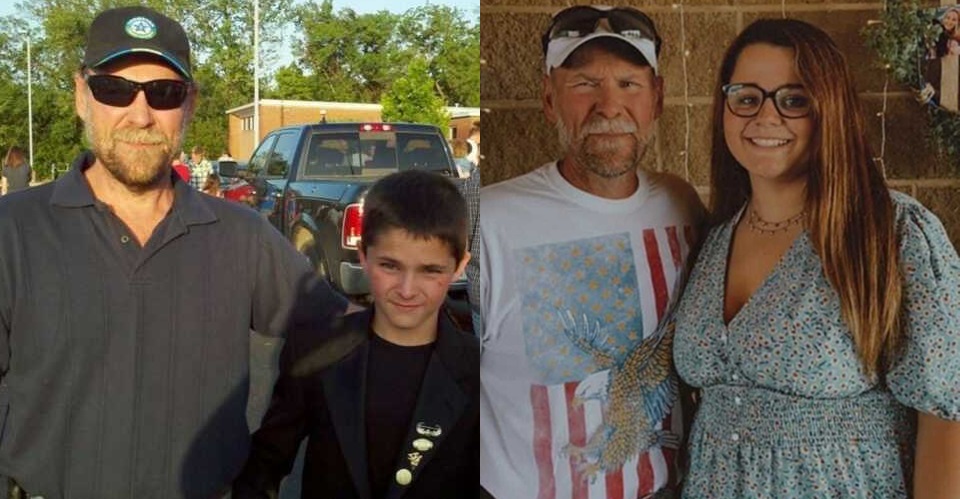Their story isn’t just about being rescued; it’s about being chosen, over and over, until fear turns into family. On her eighth birthday, Jordan Benewiat watched her mother get drunk and spiral into violence, tearing the house apart. It wasn’t new for Jordan or her brother, Jarred, but that night ended with police at the door. When her mother’s boyfriend came home and saw the chaos, he called for help. The children were taken into foster care on the spot. Enter Steven Benewiat. He wasn’t a relative but cared deeply about both kids and wanted them to stay together.
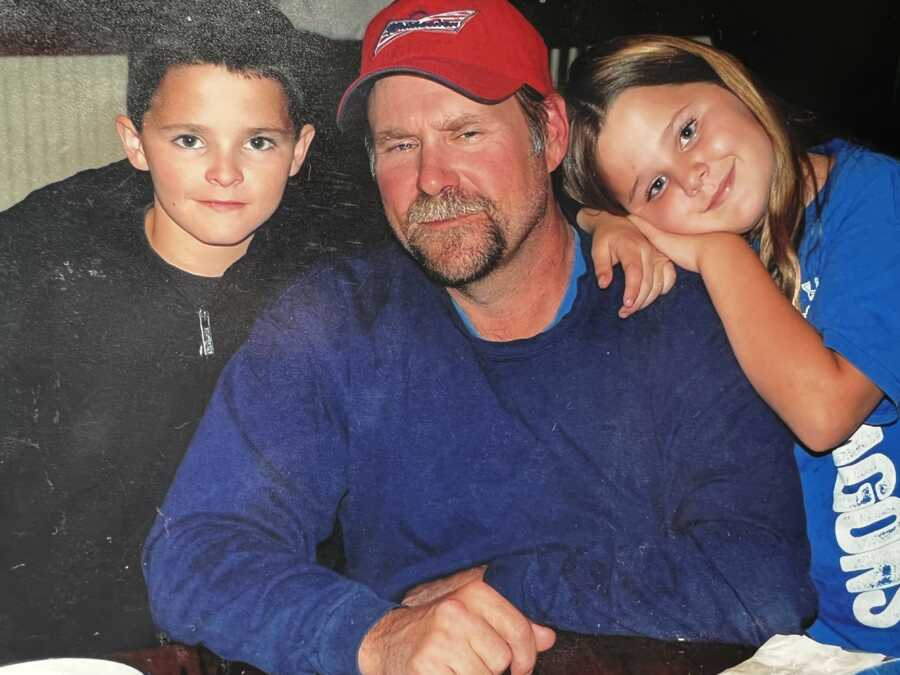
When the state couldn’t find a home that would take siblings, Steven asked for emergency placement. In court, Jordan saw him cry for the first time, terrified they might be split up or lost to the system. When he explained, she broke down too. Then came what Jordan calls divine timing: the judge granted Steven emergency foster rights, and the children went home with him.
Everything changed from there, though the legal road was long. It took three years before Steven could officially adopt Jordan and Jarred. In the meantime, he gave them what they’d been missing: stability, routines, and the simple security of knowing dinner would be on the table.
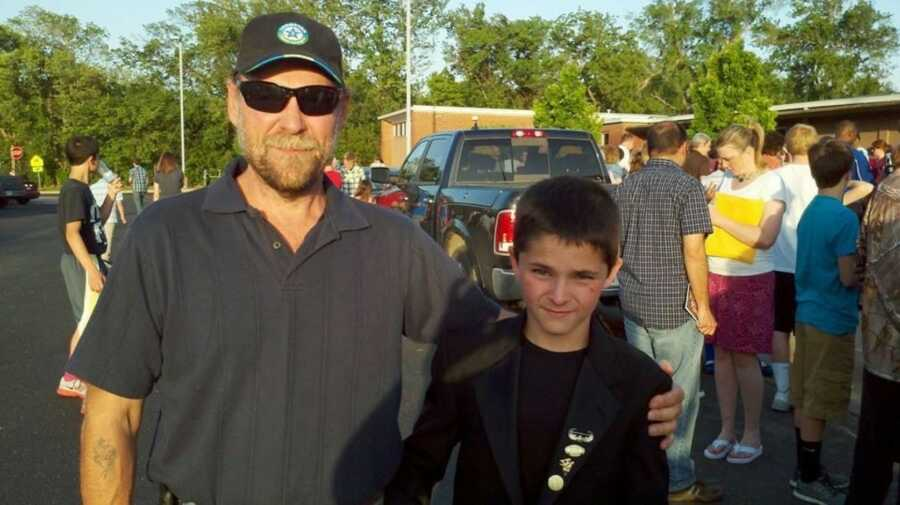
Jordan says that before Steven, fear was her baseline, worrying about food, school, and whether her mom’s drinking would end her life. With Steven, the second half of her childhood opened up. She learned to ride her bike without looking over her shoulder. She went to school regularly, joined sports, and had someone to call whenever life felt too much. He didn’t just show up once; he showed up every time. Years later, Jordan told their story on TikTok. She wanted to honor the man who chose them when they had no one else. The video exploded, with over nine million views and 1.4 million likes, and strangers flooded the comments with gratitude for Steven. For Jordan, it felt like the world finally noticed a good man’s quiet, daily sacrifices.
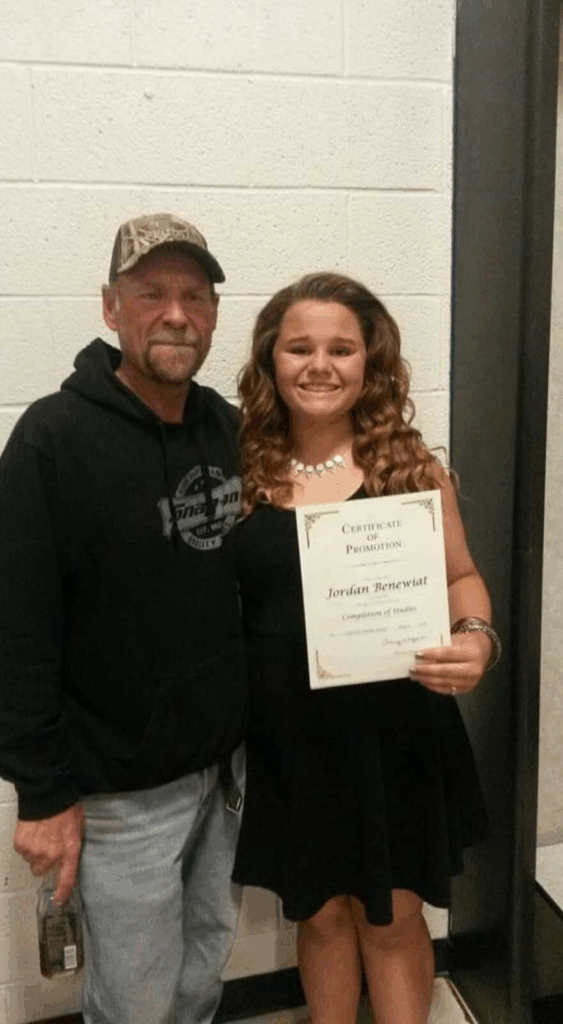
She says her only wish is to live in a way that repays what he gave: safety, dignity, and a family that stays together. Adoption didn’t end Steven’s work; it simply changed its shape. He kept stepping in, riding, doing late-night talks, showing up at games and ceremonies, and steadying them through setbacks. Jordan calls him her hero without hesitation. She remembers the ache of the first seven years before Steven, and knows how many more years of pain might have followed without him. Instead, she grew up. She healed. She became a young adult who laughs freely and trusts that love can be dependable.

The photos tell the story and words: Steven with his arm around Jarred at graduation, Steven snapping pictures of Jordan as she gets an award, Steven grinning beside a fish he just caught. None of it erases the past, but all of it proves what love can rebuild. When Jordan looks back, she sees a man who chose to hold two kids together when everything else was pulling them apart. Jordan says the impact of Steven’s love is hard to put into words. He didn’t just rescue her and her brother from a broken home; he gave them a new definition of family.
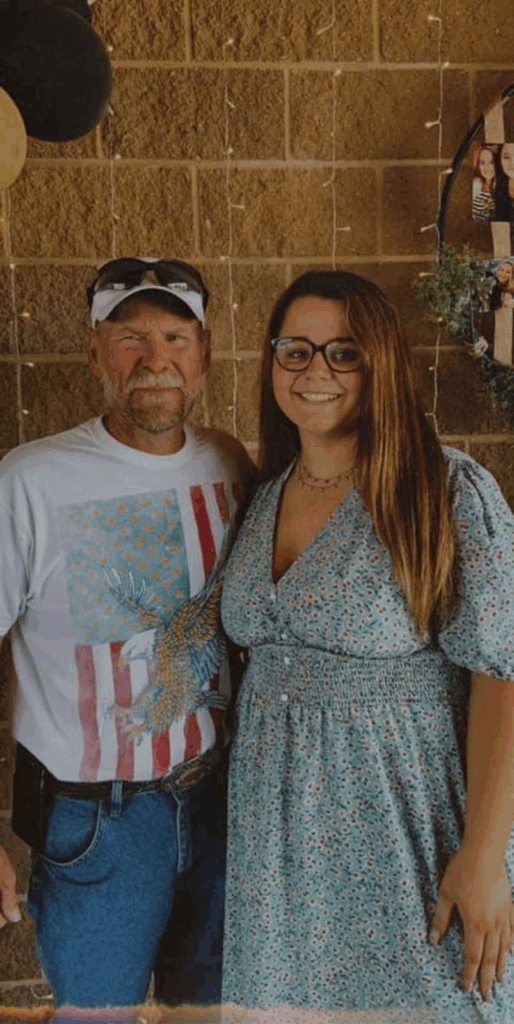
Through his steady presence, they learned that love isn’t about blood or obligation, but about showing up daily. For Jordan, the memory of fear and instability will always be part of her story, but so will the healing that came from being chosen and cherished by a man who decided two hurting kids were worth everything.
